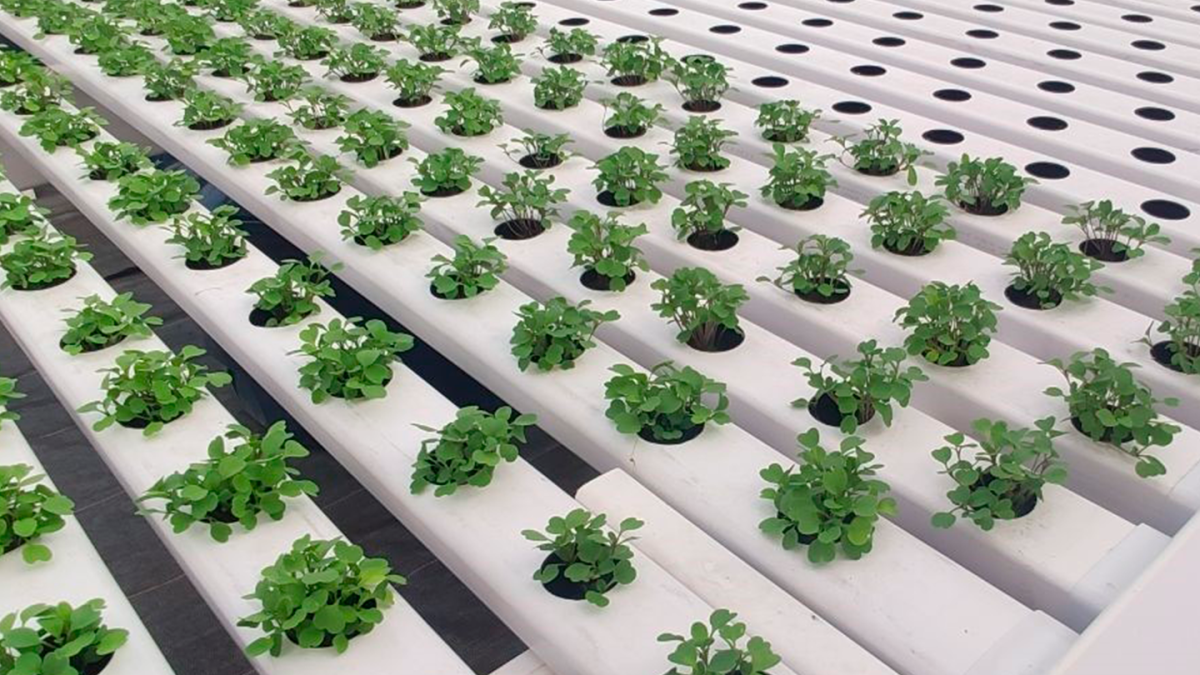
Hydroponic cultivation is a farming technique that offers various environmental, economic, and health benefits.
Below are some interesting facts about hydroponic cultivation:
Water Savings
Hydroponic cultivation uses significantly less water compared to traditional soil-based farming methods. Water savings can reach up to 90% in consumption, making it a more sustainable option in regions with water scarcity.
Greater Nutritional Efficiency
The hydroponic system provides precise management of nutrients supplied to the plants, promoting efficient absorption and contributing to robust and rapid growth. This approach results in higher quality and more durable plants, standing out for efficient nutrient use and minimizing waste.
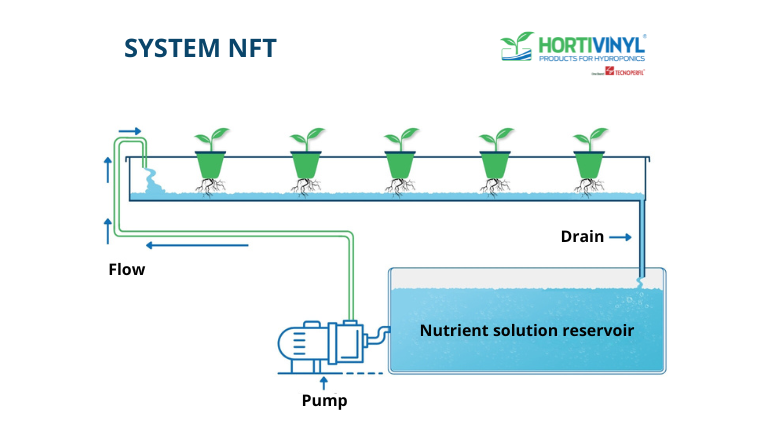
Healthier Foods
The ability to carefully control nutrients in hydroponic cultivation not only optimizes plant development but also directly impacts the quality of the produced foods. This practice results in final products that are richer in nutrients and have lower contaminant levels, providing healthier and more beneficial consumption options for consumers.
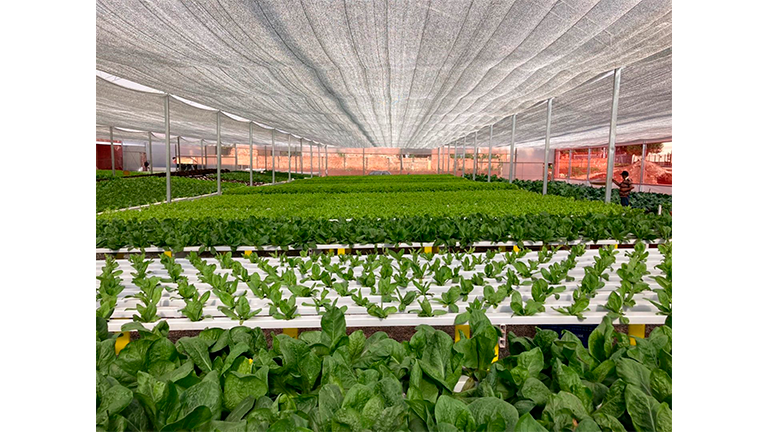
Reduction in Agrochemical Use
With a controlled environment, hydroponic cultivation often requires fewer pesticides and herbicides. This helps reduce soil and water contamination, promoting more sustainable agricultural practices.
Year-Round Production
The ability to control the growing environment, covering factors such as temperature and light, enables the continuous production of food throughout the year, regardless of external climatic conditions. This helps ensure a constant supply of agricultural products.
Efficient Space Use
Vertical or layered hydroponic systems occupy less space compared to conventional farming. This is valuable in areas where space is limited.
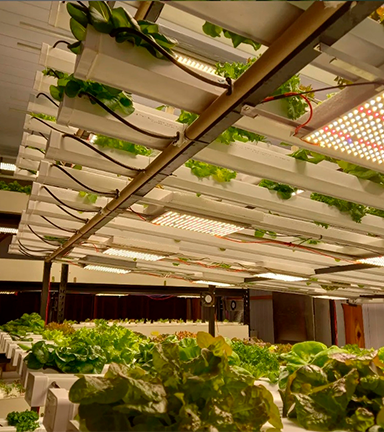
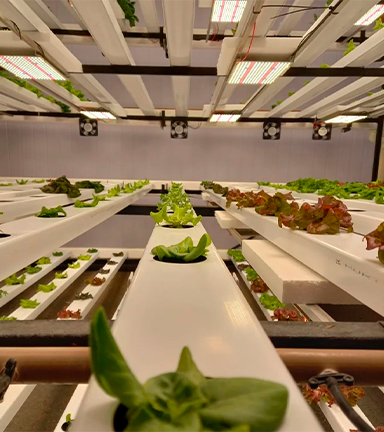
Hortivinyl Mini Benches
Additionally, these systems improve work ergonomics, as the benches are adjusted to the appropriate height, facilitating the handling of the system and plants. This approach not only optimizes physical space but also reduces the required labor, making hydroponic cultivation an efficient and practical option in restricted urban environments.
Higher Growth Rate
With direct access to nutrients and oxygen, hydroponics contributes to higher productivity. It is characterized by shorter cultivation cycles and an estimated increase of 30% to 50% compared to traditional cultivation.
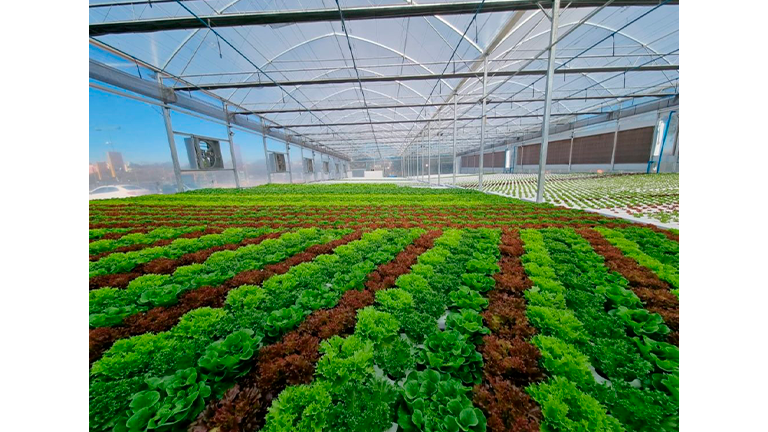
Reduction of Nutrient Waste
In hydroponic systems, nutrients are recirculated, significantly reducing waste compared to traditional farming, where some nutrients can be lost in the soil.
Lower Greenhouse Gas Emissions
In some cases, hydroponic production can result in lower greenhouse gas emissions, especially when compared to intensive agricultural practices that involve extensive use of machinery.
These benefits make hydroponic cultivation an attractive and sustainable option for food production in various parts of the world.
